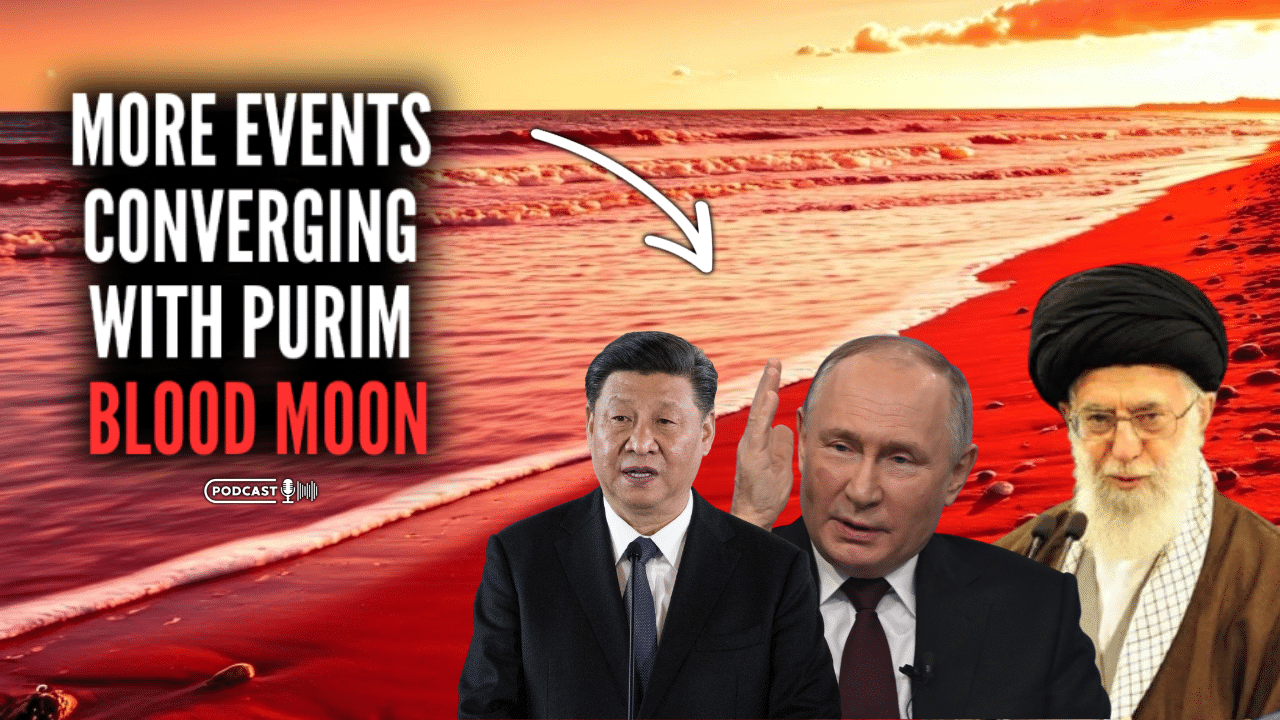The U.S. Navy and Marine Corps are gearing up for the second “Large Scale Exercise,” a global training exercise that uses virtual reality simulations to synchronize naval operations.
The live, virtual, constructive exercise will use real-world intelligence as part of a simulated scenario, putting 25,000 sailors and marines on a “road to war” in which they interact with each other and adversaries in a cyber battlespace — no different than a multiplayer video game.
“We want to stress the three- and four-star admirals and their staffs at that operational level with large fleet-centric maneuvers. But we also want to stress all the way down to the individual sailor manning a radar station or marine at a weapons system.
This exercise looks to encompass all of that,” said Capt. Chris Narducci of the Fleet Forces Interoperability Division. The exercise will run from Aug. 9-18. It occurs every two years and spans 50 commands, including six carrier strike groups, three amphibious readiness groups, and 25 submarines and ships.
Participating in the exercise are three Hampton Roads-based carrier strike groups: the Dwight D. Eisenhower, George H.W. Bush and Harry S. Truman. Live training will be conducted by sailors and marines at sea, while those pierside or at a shore location will participate virtually.
“In the post-Cold War era and during the Global War on Terror, the seas were relatively uncontested. We were able to operate where we wanted to, at the time and place of our choosing.
A lot of times we did so statically, remaining in the same location conducting the same operations day in and day out. And we were not threatened. However, times have changed,” Narducci said.
The decision to bring in the retired experts, Caudle said, was a “lesson learned” from the first large scale exercise in 2021.
“If you don’t have that objective tension, then it becomes a little bit — as we like to say in the Navy — like a self-licking ice cream cone. We then tend to not have a good representation of how our senior leadership will want to take risks in various areas of operations.
And thinking of the geopolitical element that’s occurring, I’m going to have a very focused view but we want that geopolitical view put down on us so that this is realistic as possible,” Caudle said. This year’s exercise will also draw on things learned from Russia’s war on Ukraine.
“Our relationship between the intelligence communities, our ability to process that at our maritime operations centers, our ability to work with our component commanders and combatant commander relationships to posture forces most effectively — I think the Ukraine conflict with Russia illustrates the need to be able to do that efficiently,” Caudle said.
An exercise of this size that simulates conflict at this level is unique to the Navy and Marine Corps. But synchronizing operations before a conflict is extremely important, Caudle said.










